
It's a truck off! 2024 Ford F-150 versus Ram 1500 spec for spec - which of these Toyota Tundra rivals is king of the road?
Full-sized US pick-ups, considered gas-guzzling monstrosities by some in our...
Browse over 9,000 car reviews
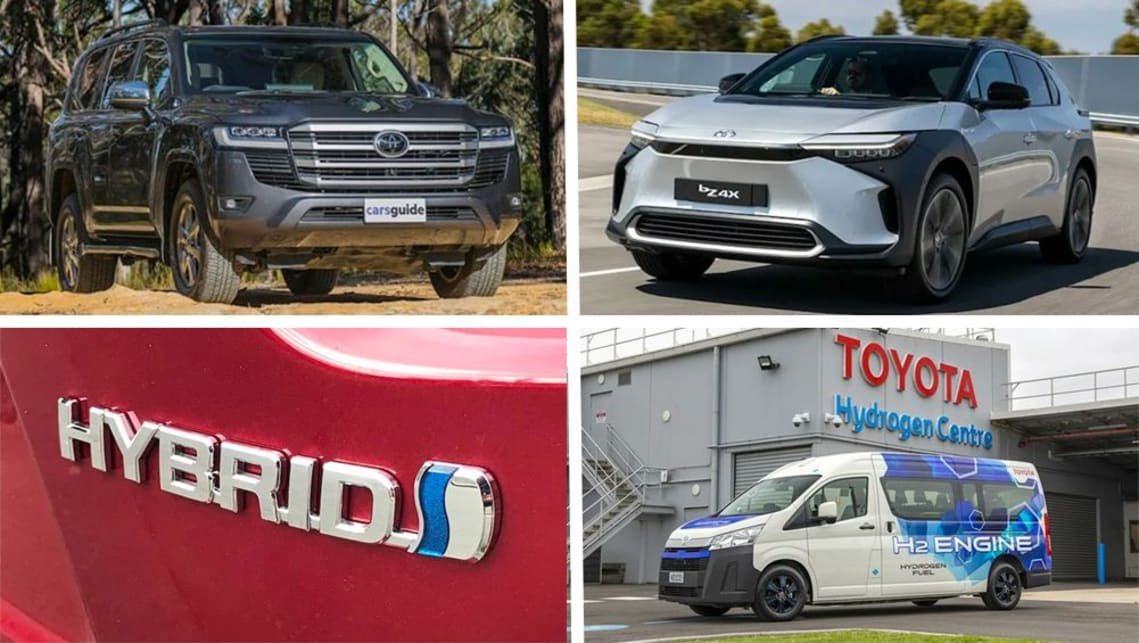
"Are we complacent about our position? No," says Toyota Australia's Vice President for Marketing and Sales, Sean Hanley, who has spent a fair bit of time over the last couple of years talking about Toyota's 'multi-pathway' strategy to 'decarbonisation'.
The veteran executive spoke to CarsGuide at a recent media preview for its new hydrogen combustion program, saying Toyota isn't dragging its feet on electric cars, but rather exploring numerous approaches to reducing emissions - the 'multi-pathway' approach.
But the brand that led the way on hybrid for many years is now faced with some hybrid-capable rivals who are also well ahead on electric cars - Toyota has none on sale yet - and the brand's sales share is slipping.
"I think we'll always be strong in the market, and I'm very confident in our strategy, this multi-pathway strategy I think is right," Hanley told us. "But of course, there's a lot of dynamics in the market right now, a lot of change points, a lot of new competitors, a lot of new technologies.
"So ultimately, I always say the market will determine that outcome, but we're confident in our strategy."
According to data published monthly by the Federal Chamber of Automotive Industries, Toyota Australia has spent the last decade with a total share of the market totalling more than 17.8 per cent each full calendar year, peaking at 22.3 per cent in 2020.

So far in 2023 (to the end of October, the most recent report at time of publication), Toyota Australia's market share sits at 17.4 per cent.
In fact, unless Toyota picks up about half a percentage point of market share by the end of the year, this will be its second-lowest year for market share this century so far, behind 2002's 16.8 per cent.
It doesn't necessarily mean Toyota's sales are down in volume compared to recent history: the brand normally sells between 200,000 - 220,000 new cars a year and currently sits at 174,957 with two months to go.

And while coming off a sales spike over the last couple of years makes the short-term drop look dramatic, Hanley says the brand isn't worried, even if it's not resting on its laurels.
"We're extremely confident in our products, we believe that they will remain desirable," he told us.
"We're really looking forward to launching our bZ4X battery electric vehicle on the market in Australia in February, next year.
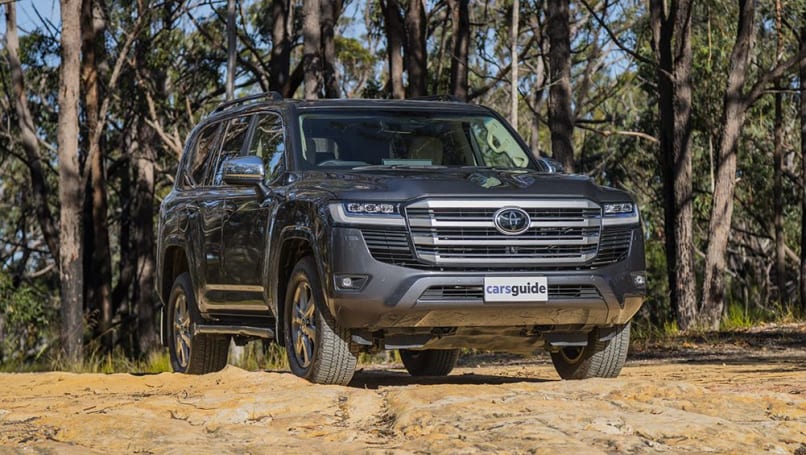
"And our message about that will be pretty simple. You're buying a Toyota, right?
"You're buying a Toyota and with that Toyota will come the normal things of quality, durability, reliability, certainty, low-risk motoring, and, you know, we feel very confident."
While it's obvious for Toyota Australia's Vice President to use words like 'reliability' and 'quality', even the used-car market shows that people are often willing to pay more for anecdotally reliable brands like Toyota.

Even then, Hanley says Toyota isn't just relying on its reputation to get it through the changing market. The figures mentioned before show a potentially growing pie for Toyota to hold its piece of, and brands ahead of the curve on electrification seem to be winning right now.
"Are we complacent about our position? No. Do we know that we're under a lot of competition? Well… when you're in a market of 1.1 million [new cars sold annually] and you have over 50 competitors, you never take your position for granted.
"We're one of the few car companies that actually come out for years and years and years and said: 'You know what? We get the BEV thing but, actually, BEVs aren't the only way'.

"We got roundly criticised for that. Our global president was criticised for it. And yet, as we sit here today, have a guess what? The market's saying maybe a technologically agnostic approach and multi-pathway, actually maybe that is right, maybe that's the way we gotta go."
While electric car uptake soars - currently 200 per cent up so far this year compared to last with 71,800 units for 2023 up to the end of October over the previous year's 23,869 - the rise in the already established hybrid space is slower, while the plug-in hybrid (PHEV) section of the market is relatively small.
"Even the other car companies that said 'we gotta go BEV, BEV', guess what now? Suddenly I'm seeing PHEVs, HEVs, and in the next two to three years there is going to be a massive resurgence on hybrid, why? They're affordable, they're practical, and they deliver on carbon neutrality over time."

This year, 78,918 new hybrids sold is a jump up of 19.2 per cent over the same period last year (66,202), but with only 8481 PHEVs sold this year compared to last year's 5,048, the 68.0 per cent increase seems more dramatic than it is.
The leading position on hybrids Toyota has held for two decades in Australia means it has built up a strong trust around the technology. It remains to be seen if Toyota Australia will be able to do the same when it eventually joins the electric car market, before turning its attention to its exploration of hydrogen fuel-cell EVs and hydrogen combustion engines.


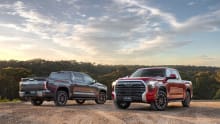
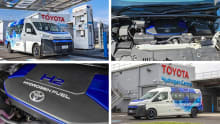

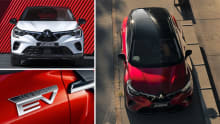

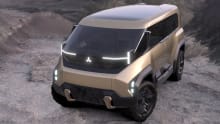
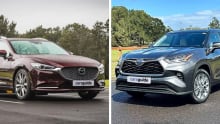

Comments